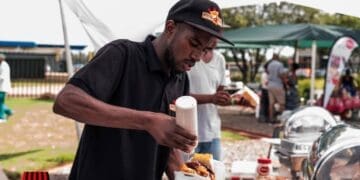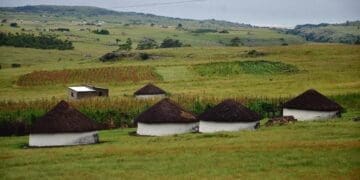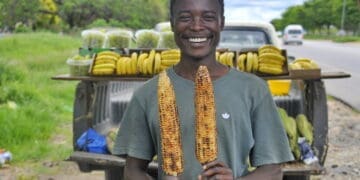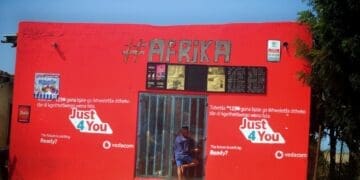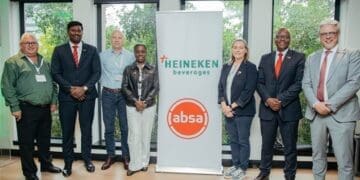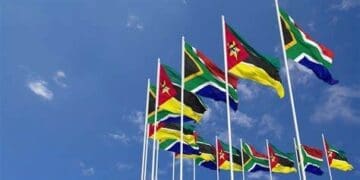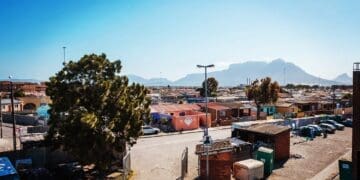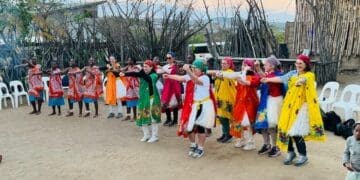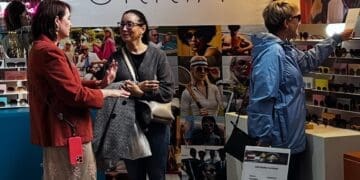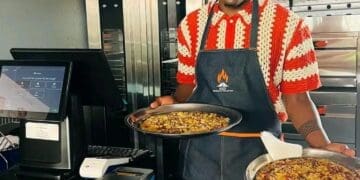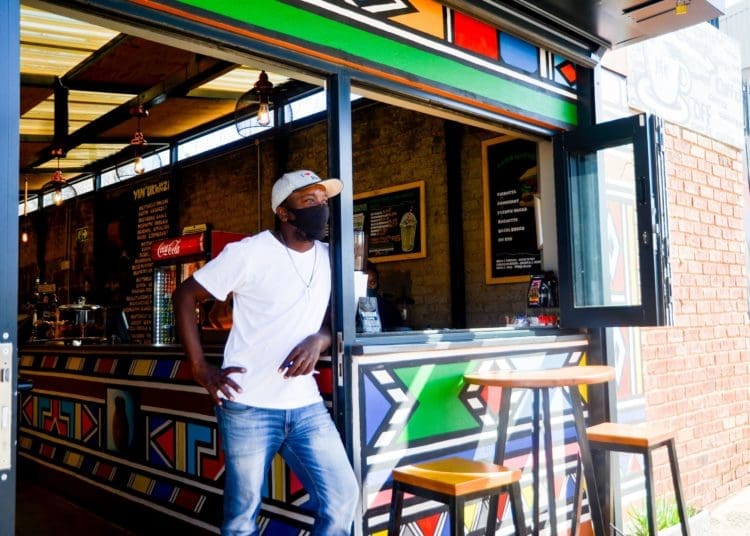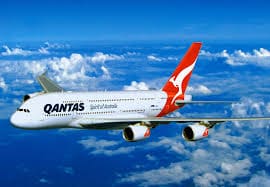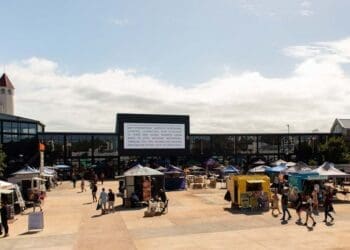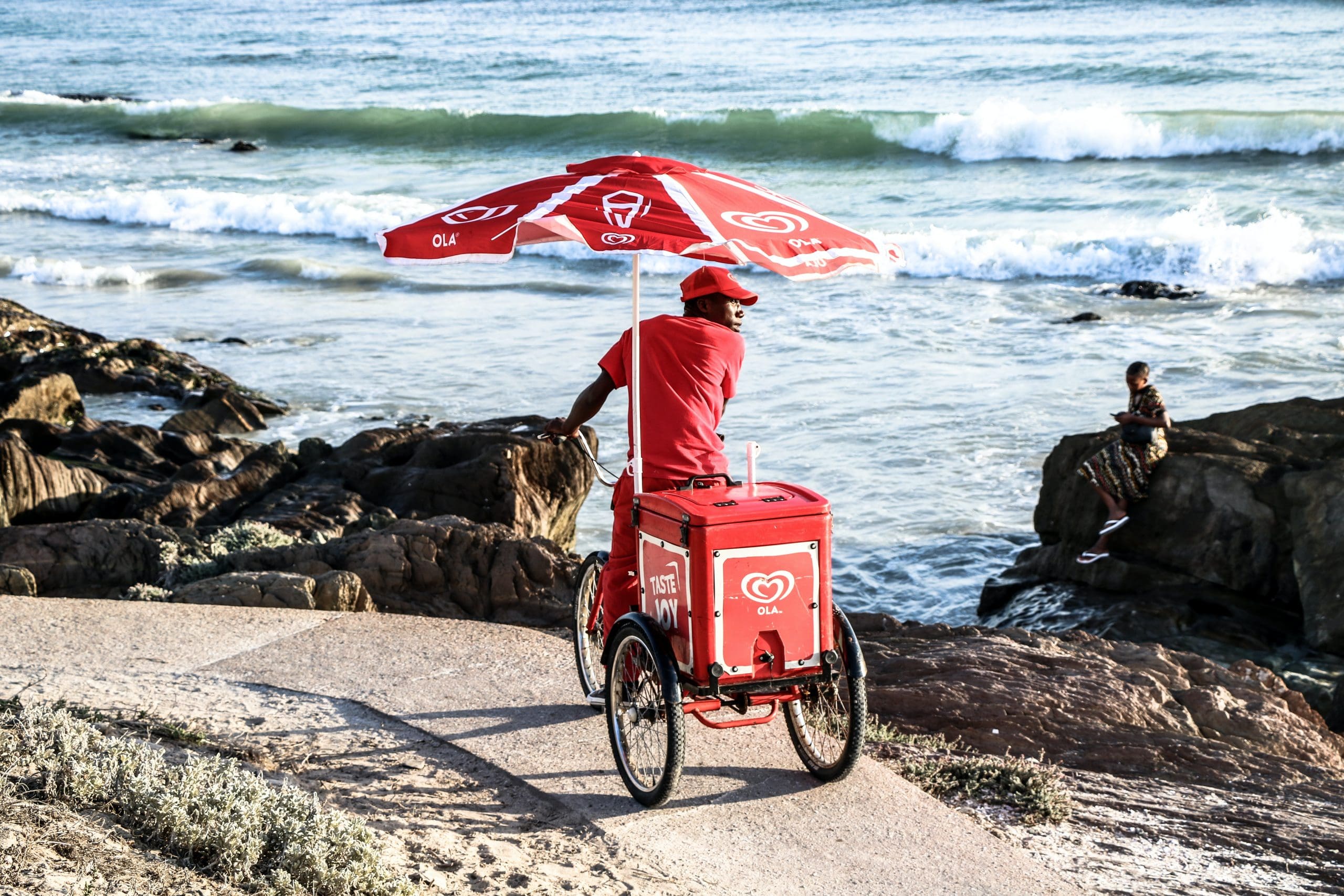Life is slowly returning to normal along the popular and tourist spot Vilakazi Street in Soweto.
Just a few weeks ago, this was an abnormal sight. It was all quiet all thanks to the lockdown sponsored by the Covid-19.
Vilakazi Street on any normal day would be abuzz with tourists and vendors selling their wares to visitors who would want to take some souvenirs back home. With the ban on international travelers and border gates closed indefinitely, the street resembled an abandoned small town.
The street was where tourists came to get a sense of how ugly things were during the 1976 Soweto uprisings as they toured the Hector Pieterson Museum as well as a tour of Nelson Mandela House and that of Archbishop Desmond Tutu.
But with the country now downgraded to alert level 2 where restaurants were allowed to serve alcohol and food to a limited 50 people, the street was slowly coming back to life.
There would not be tourists from abroad for now as international ban on travel was still enforced but the 18 restaurants along the famous street were hosting locals and those from the burbs craving original African food.
The pandemic not only hit the eateries, tour operator Anthony Colia, owner of Soweto Tours, was still struggling to pick up the pieces as his business relied heavily on tourists. Colia said that Soweto was one of tourists’ favourite destinations.His business booked 100 to 120 clients in a day, and his fleet of 15 minivans were always out ferrying tourists across Gauteng.
The pandemic had a devastating effect on Colia, who also owns Moafrika Tours and with the international travel ban still enforced, it was not getting any better despite reopening of some Sectors of the economy.
Thankfully his employees were paid by the UIF which came to the party. But banks were giving him little space to breathe with the repayment of the cars they financed.
“I had six to seven vehicles financed by banks, and they gave me a three-month holiday and now they’re saying that I have to pay for the vehicles. This means that I have to pay an extra R50 000 a month for the vehicles,” he cried.
Colia tried applying for government financial relief, but that did not go well.
“We applied for a few relief funds and they would reply and say that our application is accepted and they would get back to us, but they never do.”
Colia said that he believed his business could survive for another year, but the borders should open soon or he would go under.
“We need the borders to be opened. Life needs to resume, and there’s more to lose if we don’t open the borders. Sometimes my employees call me and tell me that the R3500 they get from the UIF fund is not enough, so I let some of my staff members live in a lodge we own in Benoni—but it is costing me R300 000 a month to stay afloat.”
Even after the country was placed on alert level 2, this made little to no difference for Colia’s business.
“It’s great for local tourism, but it does not help us much,” he said.
“You must remember that we have 99.5% of international guests, so unless they open the borders, we’re still under the axe.”
Next Door restaurant in Vilakazi Street, run by Thabo Mdluli, who founded the restaurant with his brothers in 2012, was still struggling. It had gotten so bad that they were forced to let 14 of their employees go.
Now Mdluli was anticipating things to pick up especially since he has to change his menu and cater for locals as international travels would not be visiting for now.
The restaurant took a 90% profit knock, and because tourists were not coming due to the travel ban he had adjusted his menu to sell prime-cut steak to kotas (bunny chow) and chips – that local people would enjoy.
“We are not coping. We’re keeping the doors open for the sake of our staff. We are losing money every month. We have not traded normally for five months.”
Mdluli also applied unsuccessfully for various relief funds.
“You go through the process and submit the necessary documents, but you do not quite get the feedback. They acknowledge the receipt of application but that’s where it stops,” he said.
Mdluli said things got so bad they were forced to sell personal items in order to feed their employees’ families.
“If nothing changes in the next few months, we’re going to have to close,” he noted. There are no two ways about that.”
Vilakazi Espresso manager Trevor Leso shared the same sentiments. The coffee-shop he managed was situated opposite the Hector Pieterson Museum. It was opened in November last year, and business was good until the pandemic struck.
Like other businesses, the coffee shop was also struggling to make ends meet. In spite of this, Leso said that he considered the lockdown a blessing and a curse.
“We’re not coping, but we’re starting a new business era. Lockdown taught us to scrap everything and rebrand the business altogether.”
To this end, Leso said, the coffee shop owners opened the Soweto Pizza Company in early August, which was situated next to the coffee shop.
Another business under this umbrella, Vilakazi African Curios which was opened in 2017 also suffered profit losses.
He said that he was disappointed in government for not coming through for arts and craft traders whom he said were sitting at home since March as there were no tourists to sell to.
“The traders don’t work and rely on selling their goods to tourists. Since they are sitting at home, why doesn’t government help them with funding as well?”
Since being placed on alert level 2, Leso said that the coffee shop had seen an increase in traffic.
“Business is actually picking up slowly, and the pizza shop is doing great. We just have to see how things unfold as the weeks progress.

Vutivi is a digital business news platform that will serve the Small Medium Micro Enterprises in the form of writing stories that will be informative about their sector. We pledge to deliver a commercially sustainable, world-class digital financial and business news service that is a must-read while being responsive to readership needs and tailor-making packages for SMMEs.





